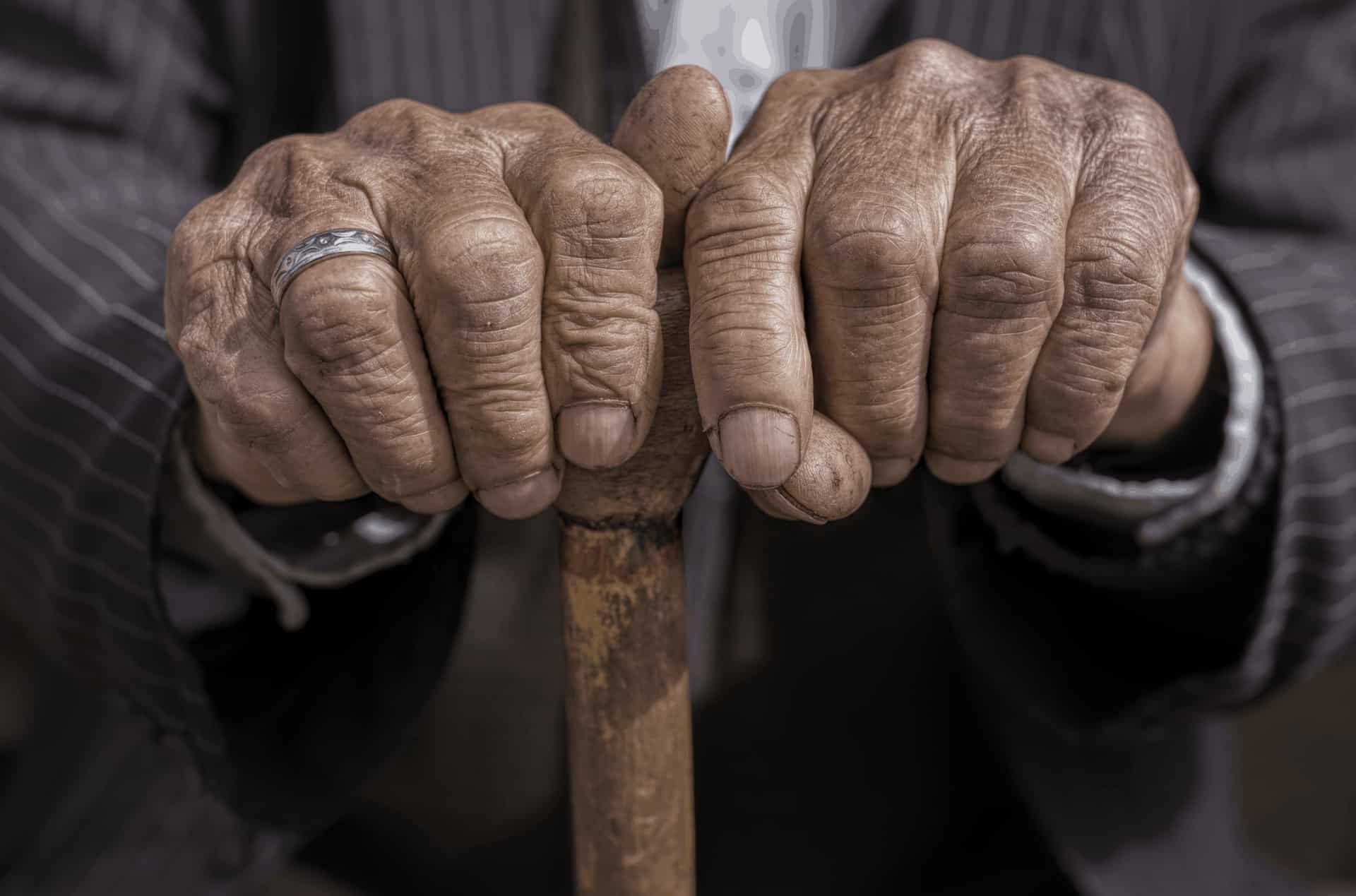Elder Law Program
Victims can suffer from physical, financial, and emotional abuse or be victims of neglect, including self-neglect. The Plough Foundation has generously funded CREA as a response to the growing elder abuse problem.

What is CREA?
CREA functions as both a Coordinated Community Response (CCR) and Multi-Disciplinary Team (MDT). Partners in CREA work together to support seniors, identify and fill service gaps, and coordinate their efforts to create a seamless response to the needs of victims of elder abuse.
A CCR is a collection of professionals from various disciplines and professions, such as governmental entities and community-based organizations, including nonprofits, which share a broad vision of a community’s responsibility for enhancing safety for victims of elder abuse.
CREA also functions as a multidisciplinary team, with service providers of different disciplines who come together to review cases and address system problems revealed by cases. The team reviews cases of abuse and neglect, working together to ensure that seniors are safe and that they have access to needed social services, legal support, and medical care.
The Community Legal Center primarily assists victims of elder abuse by assessing which civil legal remedy is most appropriate to stop the abuse. These remedies can range from simply executing a new power of attorney (POA) to remove authority from an abuser to seeking full conservatorship for those victims who are also suffering from dementia.
A conservatorship is a proceeding in which a court removes the decision-making powers from a person with a disability who lacks capacity and places responsibility for those decisions in a conservator. A conservatorship begins when someone files a petition with Shelby County Probate Court. The Court considers the proposed conservatorship and makes a decision regarding whether the person needs a conservatorship and who the conservator should be.
In an effort to help detect and prevent elder abuse, Community Legal Center attorneys also host and participate in a variety of community outreach and education events. Our attorneys conduct legal clinics at area community centers and senior living facilities to provide POAs and advance directives (often referred to as living wills) for senior citizens. Seniors and those who assist seniors are also provided information on identifying all forms of elder abuse, which CREA agencies to report the abuse to, and how to help prevent elder abuse.
Community Legal Center staff attorneys also assist victims who come to us through CREA with other civil legal needs. For example, we have helped with real estate and landlord/tenant matters, divorces, and other legal issues.
Some of our stories:
We received a conservatorship referral for an 86 year old woman who was living alone and suffering from mental illness. She was not taking her medication, was found wandering the neighborhood several times, and had hallucinations and paranoia. She misspent her monthly income and bills were going unpaid, resulting in her utilities being cut off.
We worked with her niece, who lives in Nashville, to file a conservatorship petition. A Guardian ad Litem was appointed who was able to build trust with the elder and learn more about her situation. The Court ultimately appointed a local, professional conservator to assist the woman and manage her affairs. The conservator and CREA partners are routinely checking on her to make sure she is eating and taking her medicine.
We helped a daughter obtain a conservatorship for her father who suffers from Alzheimer’s and other medical conditions. He was living in an unlicensed care home that was shut down because they were not taking care of their residents.
His sister had a Power of Attorney (POA) but was not acting on it to protect him. The Probate Court appointed his daughter as his conservator and revoked the sister’s POA. The daughter was then able to place him in a reputable and safe care home.